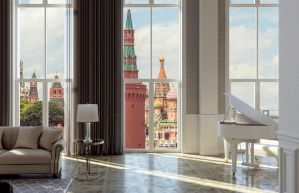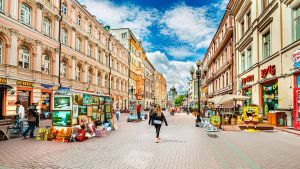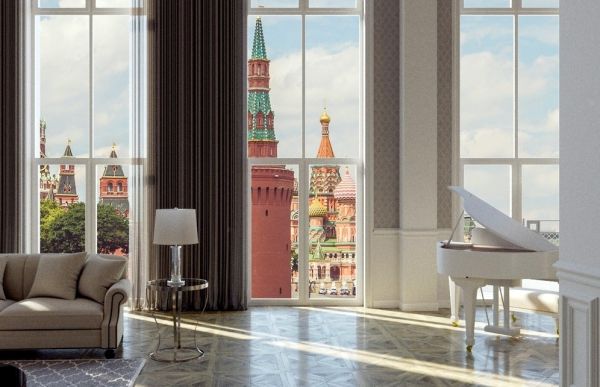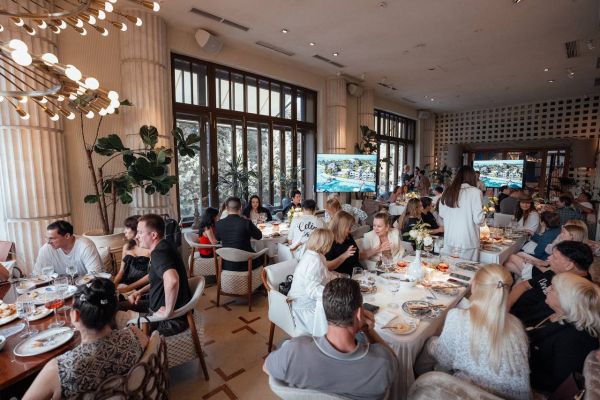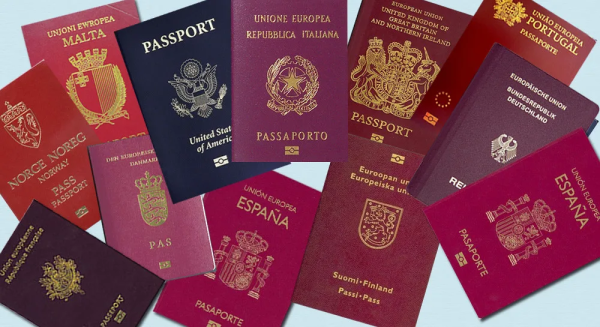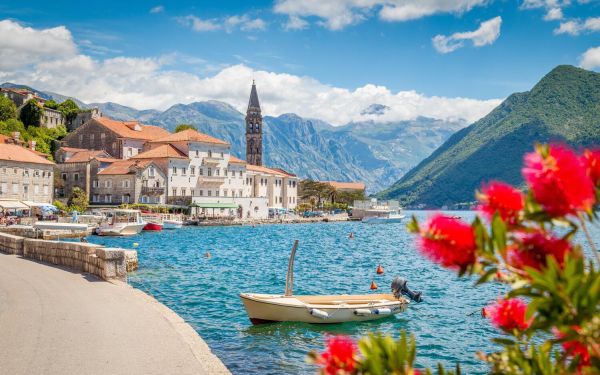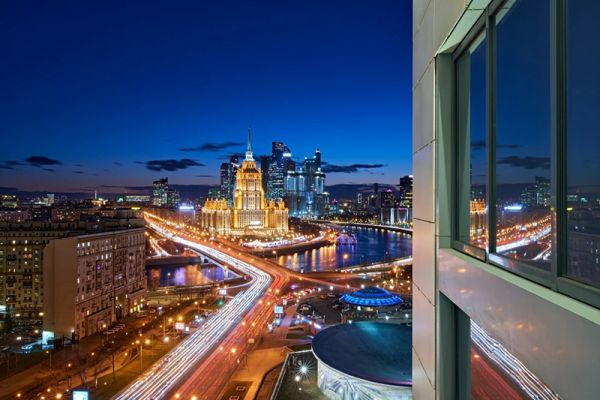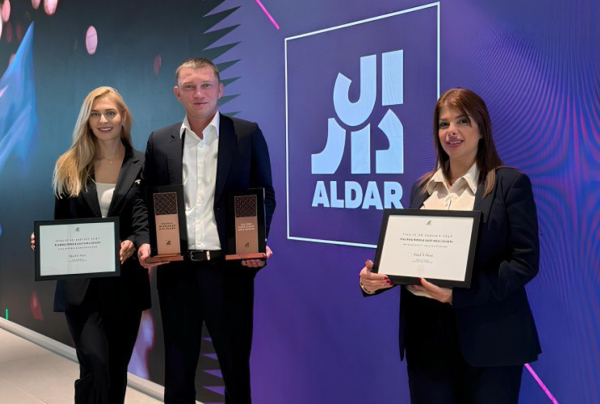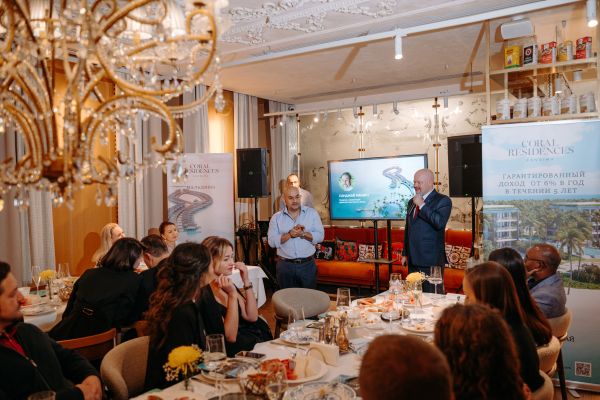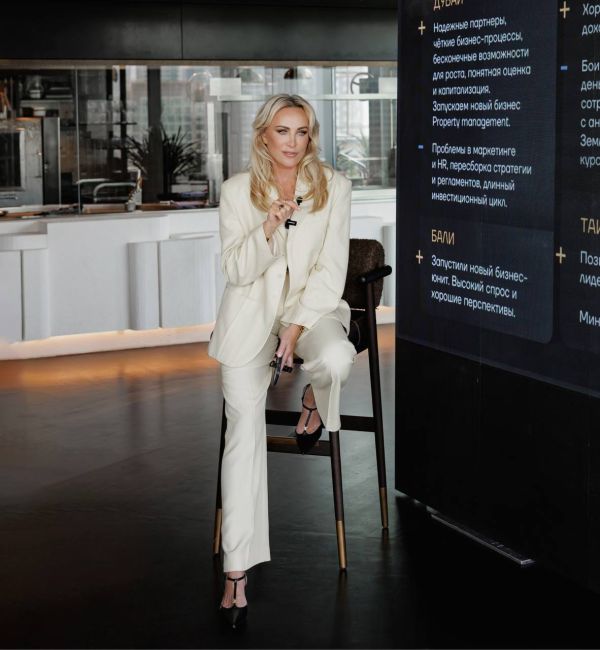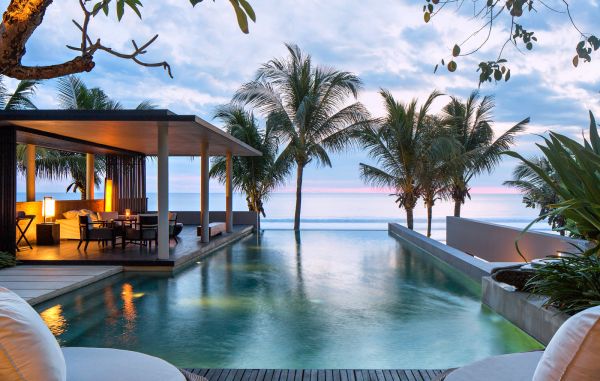BFM.RU: Living within means: tenants of luxury apartments increasingly seek cheaper housing options.
Natalya Demidova
Head of the Luxury Rental Department at Contact Real Estate
"Currently, the market is definitely operating at a slower pace. Since the first crisis indications in the Russian economy, people have started to abandon their expensive apartments and search for more affordable options. We are witnessing a transition from larger to smaller properties, and tenants' preferences are focused only on cost reduction. It is clear that the luxury segment has also experienced a decline. At the moment, figuratively speaking, one and a half individuals create demand in the market. The most significant decline has been observed in the budget range of $5,000 to $10,000, within which the main demand was concentrated among managers who were affected by layoffs: bank employees, top managers, and IT company employees. In other words, the Russian managerial workforce, which has become scarce due to layoffs, has stopped indulging themselves and switched to more affordable rental options."
Despite the economic difficulties, there is still demand for luxury housing from those who are accustomed to a certain standard of living and are willing to pay for it. However, now that renters have a wide selection of options in terms of price and quality, property owners have to compete with each other primarily by reducing rental rates. Realtors say that owners of properties with a reasonable price and quality ratio have no problem finding tenants. Such options can be rented out after the first viewing.
However, a prolonged exposure period does not always indicate the illiquidity of a property. A high price, combined with appropriate quality, also prolongs the decision-making process for tenants. For example, it is believed that a good three-room apartment priced at 100,000 rubles per month will be rented out within three weeks, while if the cost fluctuates around 200,000 to 300,000 rubles, finding a tenant may take one and a half months. If the budget reaches $10,000 to $20,000, such a property may remain vacant for three months to six months.
As for rental rates, according to market participants, they have finally stabilized in the past couple of months. Owners are no longer making large-scale reductions, but there is no talk of an increase either. Traditionally, the most expensive area is considered to be Khamovniki, where depending on the specific location, a 200-square-meter apartment can be rented for $10,000 to $25,000 per month. The average budget for a similar size property on Tverskaya, Arbat, and Patriarch's Ponds is $10,000 to $15,000 per month. However, on Chistye Prudy and in the Presnensky district, excluding Moscow City, such an apartment can cost between $3,000 and $9,000 per month."
Yulia Kovaleva
Head of the Rental Department at Kalinka Group
«Price floors for rent rates were reached in February-March of this year, up until now they were stable and unchanged. Compared to last year, dollar prices have decreased by 30-40%, while ruble prices have remained at the same level, and there is a growth of up to 10-15% for high-quality apartments. The least in demand are Stalin-era buildings - many of them lack parking, which is a key criterion for our clients when choosing housing. Such apartments are mostly rented by single individuals or couples who do not own a car. The most in demand are monolithic modern buildings with fenced territories and underground parking. Apartments in exclusive elite buildings are practically taken off the market right away».
In order to avoid prolonging the exposure period, in crisis conditions, property owners are willing to not only lower the cost of the apartment, but also establish a more lenient «face control». For example, if many of them previously preferred only foreigners, categorically refusing tenants from Russia, now the decrease in demand forces them to be less demanding.
Elena Kulikova
Head of the Department for Property Owners at IntermarkSavills
«When renting out their apartment, every property owner expects to receive regular stable income, as agreed upon in the contract concluded with the tenant. The owner is also concerned about the tenant's personal attitude towards their property: careful treatment of repairs, furniture, and equipment, regular quality cleaning, reporting any malfunctions identified in the apartment and their timely resolution, compliance with living rules. For each category of property owners, the term «undesirable tenant» has different meanings. For example, the owner of a small elite apartment with exclusive renovations and 2 bedrooms is unlikely to allow a family with 4 children to reside in it. And, conversely, the owner of an apartment with 4 bedrooms and quality renovations for rent will consider a family with a large number of children to be the most reliable client. Like before, highly placed employees of various corporations remain the most reliable tenants».
However, single young men and women who resort to sponsorship for paying for an apartment are still blacklisted by property owners even during a crisis. Of course, there is still a risk of being declined for tenants with pets, which can cause inconvenience and contribute to premature wear and tear of the apartment, which cannot always be compensated even with high rent.
Read also
Stay up to date with the latest news
We promise to send only interesting and important articles.
